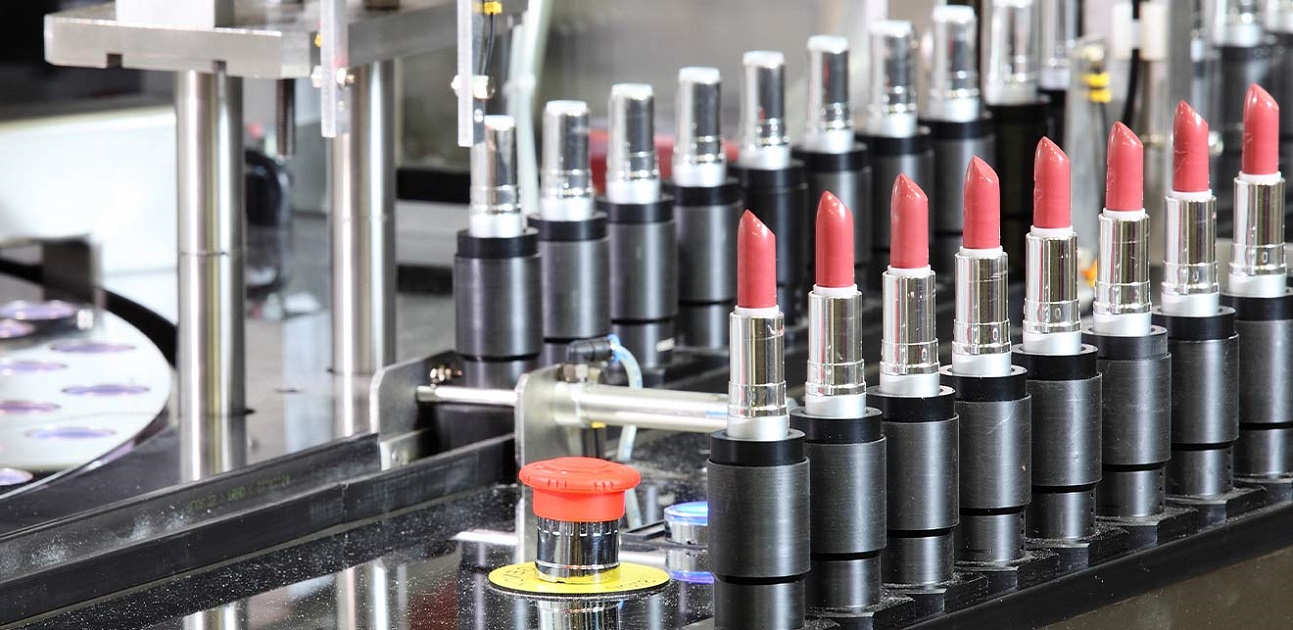In the realm of cosmetics manufacturing, staying compliant with ever-evolving regulations is paramount. The recent update to the FDA Cosmetic Registration Guidelines under the Modernization of Cosmetics Regulation Act (MOCRA) in 2022 has ushered in a new era of compliance expectations for cosmetic manufacturers. Enter the solution that can help cosmetics manufacturers seamlessly adapt to these changes while enhancing efficiency and growth: Enterprise Resource Planning (ERP) systems.
The dynamics of compliance in the cosmetics industry
Cosmetics manufacturing is a dynamic landscape, with products ranging from skincare to haircare and beyond. The MOCRA 2022 guidelines focus on safety, labeling, and ingredient transparency. Cosmetics manufacturers are now required to maintain precise records of ingredient lists, product formulations, and packaging specifications. Compliance extends beyond production and permeates through the entire supply chain, from ingredient sourcing to distribution.
The role of an ERP in navigating compliance
Cosmetic ERP software tailored for businesses focused on producing and manufacturing these personal care products is a game-changer in achieving and maintaining compliance under the MOCRA 2022 guidelines. Here’s how:
- Ingredient management and labeling precision
Cosmetics formulations often involve numerous ingredients, each contributing to the final product’s composition. A manufacturing ERP system streamlines ingredient management, ensuring accurate tracking of components and their sources. With real-time data integration, cosmetics manufacturers can confidently create precise ingredient lists for product labels, aligning with MOCRA’s transparency requirements.
- Batch traceability and transparency
MOCRA emphasizes the importance of batch traceability and transparency in cosmetics manufacturing. ERP software solutions provide a comprehensive view of the entire production process, allowing manufacturers to trace batches from raw materials to finished goods. In case of any quality concerns or regulatory inquiries, detailed batch records can be swiftly retrieved and presented to demonstrate compliance.
- Recipe and formula management
Creating cosmetics products involves intricate formulations. A cosmetic ERP solution ensures consistent formula management, preventing deviations that might lead to non-compliance. By centralizing formula information, cosmetics manufacturers can easily revise, update, and document formulations, reducing the risk of non-compliant products entering the market.
- Document control and audit trails
MOCRA mandates the meticulous maintenance of documents related to cosmetics production and distribution. Process manufacturing ERP systems offer document control features, allowing manufacturers to create, manage, and store essential records securely. Audit trails ensure that any changes or updates to documents are logged, enhancing accountability and transparency during regulatory audits.
- Compliance reporting and analytics
An ERP system equipped with compliance-focused modules generates accurate and comprehensive compliance reports, simplifying the process of demonstrating adherence to MOCRA guidelines. Additionally, advanced analytics capabilities allow cosmetics manufacturers to proactively identify trends and anomalies, enabling them to address potential compliance issues before they escalate.
- Supplier collaboration and ingredient verification
MOCRA encourages cosmetics manufacturers to verify ingredient safety through suppliers. Manufacturing software facilitates seamless collaboration with suppliers, enabling manufacturers to collect and validate ingredient information. This feature enhances transparency, reduces the risk of non-compliant ingredients, and streamlines the approval process for new formulations.
- Label accuracy and verification
Under MOCRA, labeling accuracy is paramount. An ERP software system to help with process manufacturing ensures that label information, including ingredient lists and product claims, aligns with regulatory requirements. It provides checks and verifications to eliminate label inaccuracies, reducing the likelihood of compliance-related issues stemming from labeling discrepancies.
- Regulatory updates and adaptation
The cosmetics industry is subject to frequent regulatory changes. ERP solutions designed for cosmetics manufacturers offer the advantage of quick adaptation to evolving regulations. Updates can be seamlessly incorporated into the system, ensuring continued compliance even as regulations shift.
Compliance with the FDA Cosmetic Registration Guidelines under MOCRA 2022 is a journey that cosmetics manufacturers must undertake to ensure product safety and consumer trust. A process manufacturing ERP solution, like Deacom, is custom-tailored for the cosmetics industry and provides the tools needed to navigate this journey seamlessly. From ingredient management to labeling precision, and batch traceability to compliance reporting, Deacom helps streamline processes and enhance transparency, allowing cosmetics manufacturers to align with MOCRA’s guidelines while boosting efficiency, quality, and growth. In a world of ever-changing regulations, an ERP software solution becomes a cornerstone of success for cosmetics manufacturers seeking to excel in compliance and beyond.
Are you a cosmetics manufacturer looking for an ERP? To learn more about Deacom, look at our batch and process ERP software to help you on your journey as a manufacturer in the cosmetics industry.

